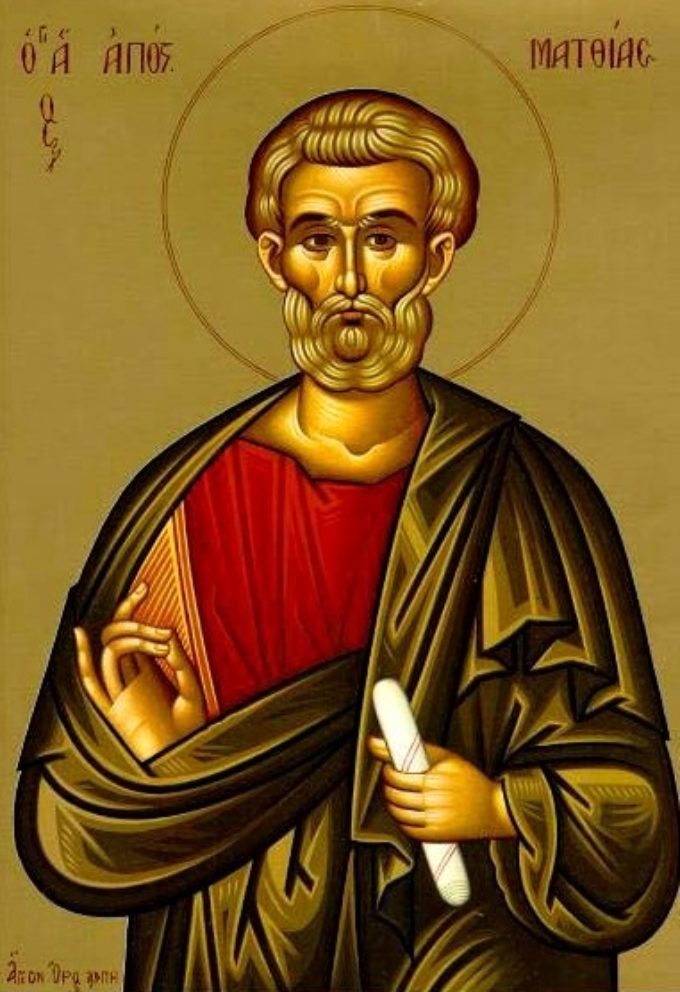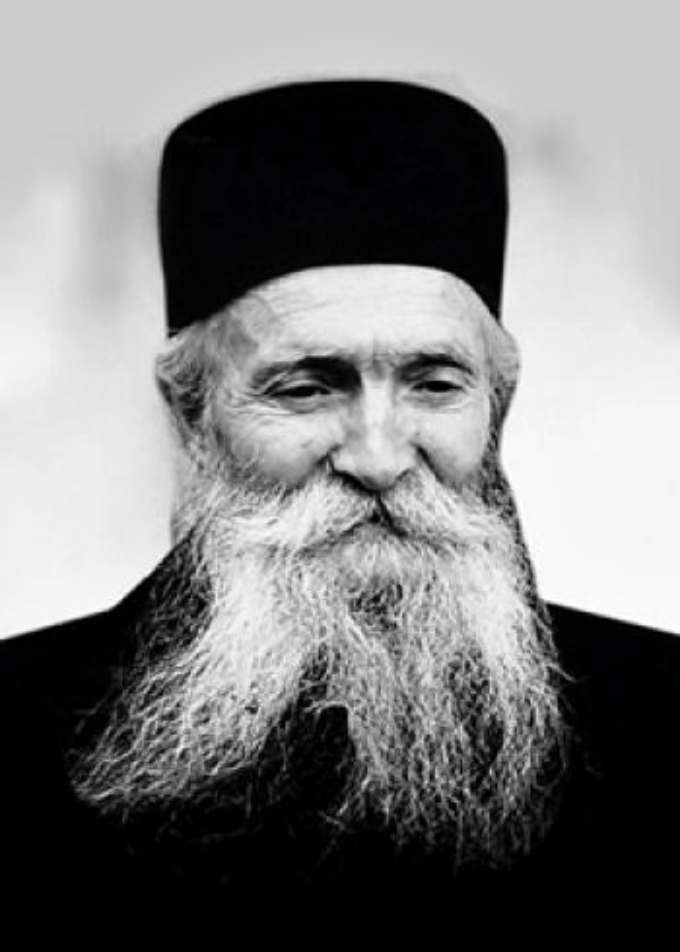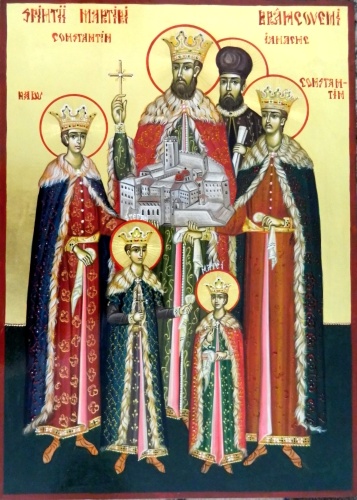The unity of the church appears as being founded by the Holy Apostles on equality and mutual love. In the Acts are written the moral bonds of unity of the Early Church. When Matthias was elected Peter sustained the need to find someone to replace Judas. His proposal was accepted and they all chose two men and asked them to stand in the middle and praying to the Knower of the hearts -God – they drew lots and the lot fell on Matthias who was counted among the twelve apostles.
When the deacons were elected the twelve Apostles called the crowd of disciples and they entrusted to the Church the election of seven men that the Apostles by hand touch and prayer ordained them as deacons (Acts 6, 1-6)
The Church named Jacob as the head of the Church and Peter and John were sent to those who believed from Samaria to share with them the Holy Spirit by hand touch. Peter is sent again by the Church to preach in Judea. The Church states its view regarding circumcision and Peter expresses his opinion in the congregation of the Church where were gathered the Apostles and the priests with the entire Church.
Then the Apostles and the priest together with the whole Church decided to send men elected by them in Antioch…writing by their own hand these: `The Apostles and the priests and the brothers
The apostles and elders, your brothers,to the Gentile believers in Antioch, Syria and Cilicia:
Greetings.
24 We have heard that some went out from us without our authorization and disturbed you, troubling your minds by what they said. 25 So we all agreed to choose some men and send them to you with our dear friends Barnabas and Paul— 26 men who have risked their lives for the name of our Lord Jesus Christ. 27 Therefore we are sending Judas and Silas to confirm by word of mouth what we are writing. 28 It seemed good to the Holy Spirit and to us not to burden you with anything beyond the following requirements: 29 You are to abstain from food sacrificed to idols, from blood, from the meat of strangled animals and from sexual immorality. You will do well to avoid these things.
(Acts 15, 1-29).
In The Acts it is nowhere seen or understood the primacy of Peter. No one from the Apostles gives him any primacy or anything else to show his superiority or government.
Greeting the Ephesians when he was leaving them Apostle Paul told them: `
“Now I commit you to God and to the word of his grace, which can build you up and give you an inheritance among all those who are sanctified. (Acts 20, 32).
If Peter was the unifying factor of the Church we consider that Paul was bound to make this fact known to the Church of the Ephesians so that they wouldn’t have ignored from ignorance their obedience to him. But to what Church of Peter was bound Paul to recommend to these to obey it is ignored, Paul making no recommendation of obedience to the Ephesians since he tells them firmly:
For I have not hesitated to proclaim to you the whole will of God. (Acts 20, 27). Thus Paul didn’t hide or ignore anything but told them everything about the will of God and didn’t mention anything about his submission to Peter, which shows that this submission (sustained by the Catholics) is not a command coming from a divine will.
Excerpt from the book Saint Nektarios of Egina – Why the Pope and his followers separated from the Church of Christ, Evanghelismos, 2011






